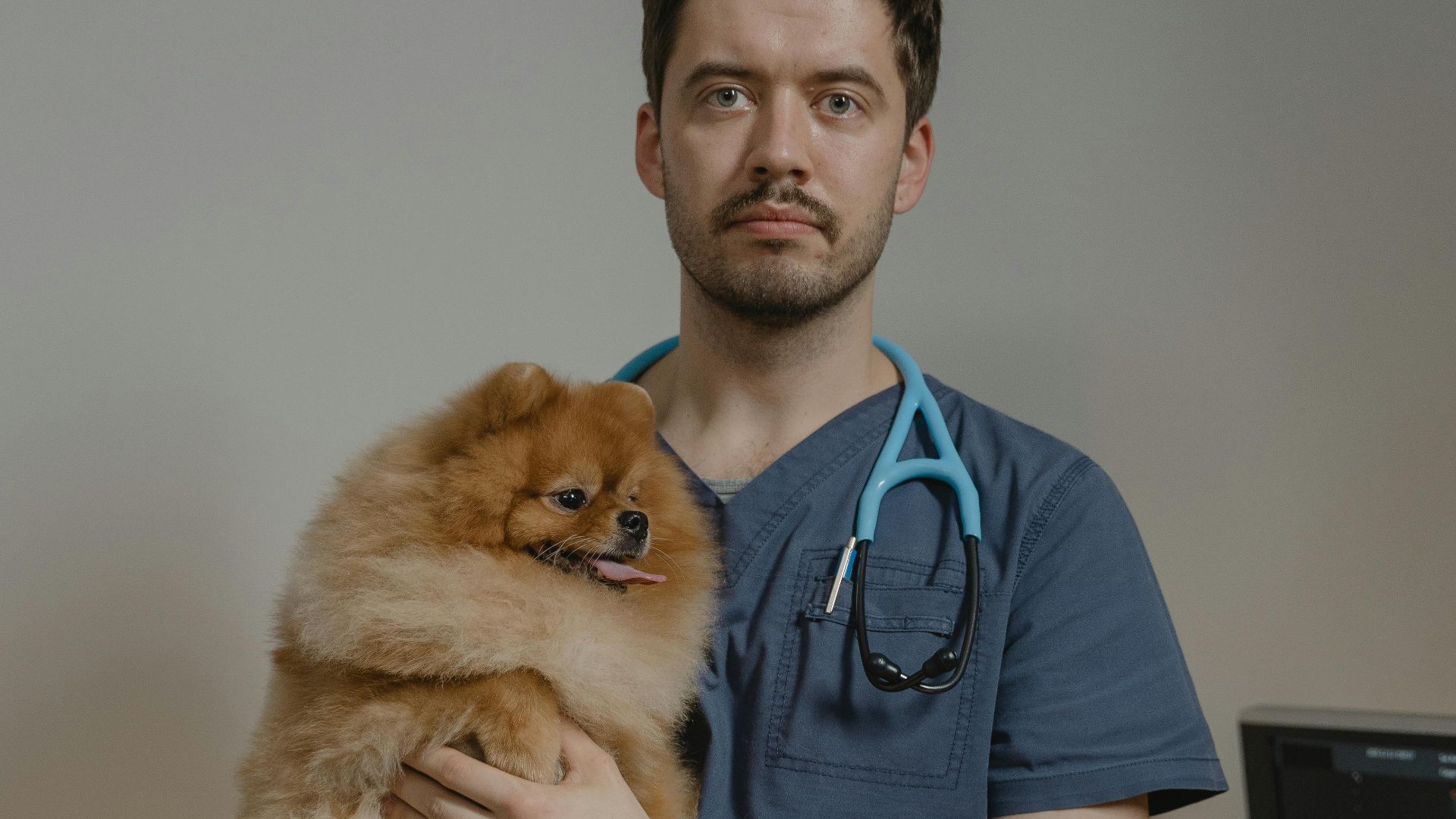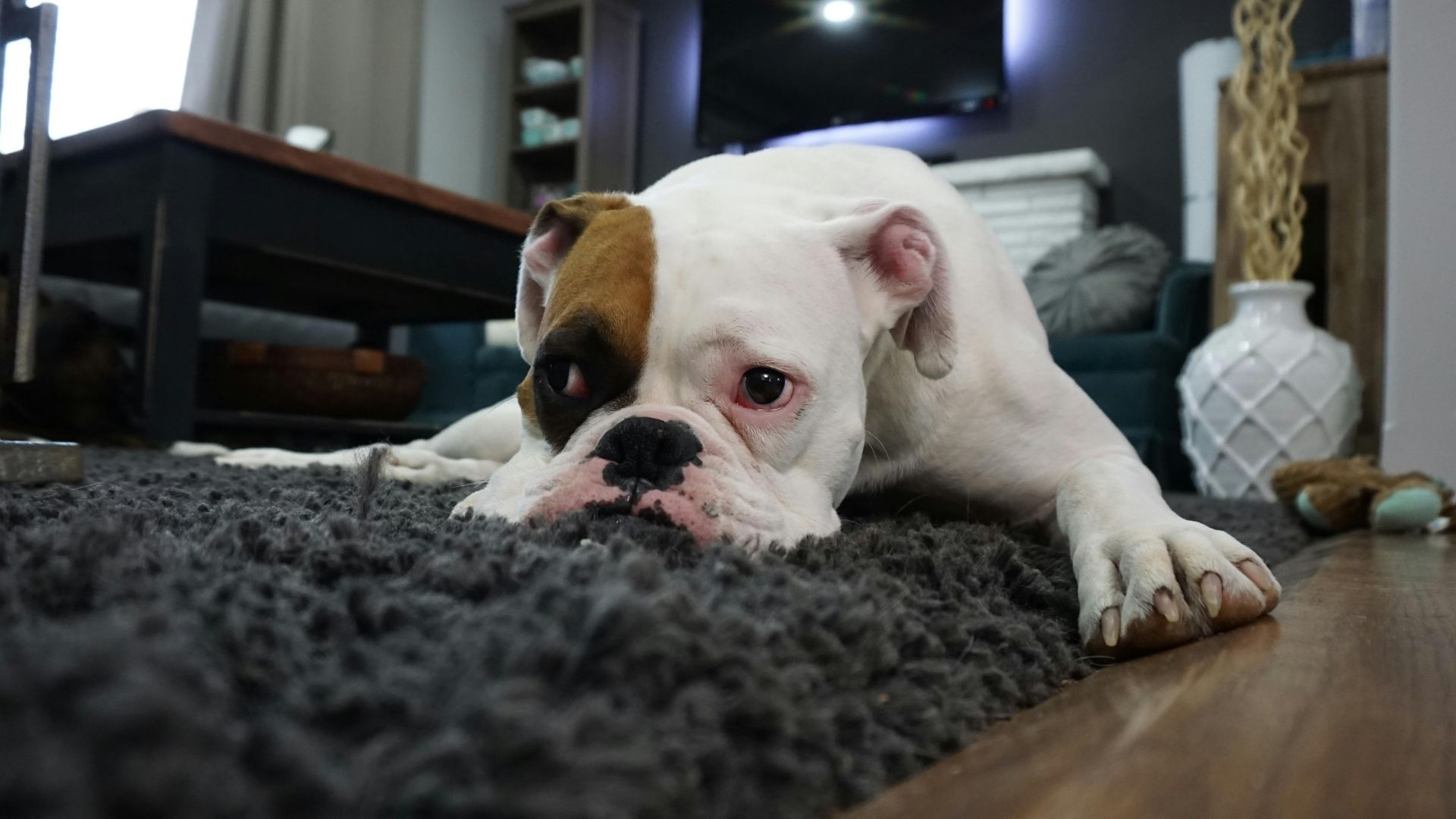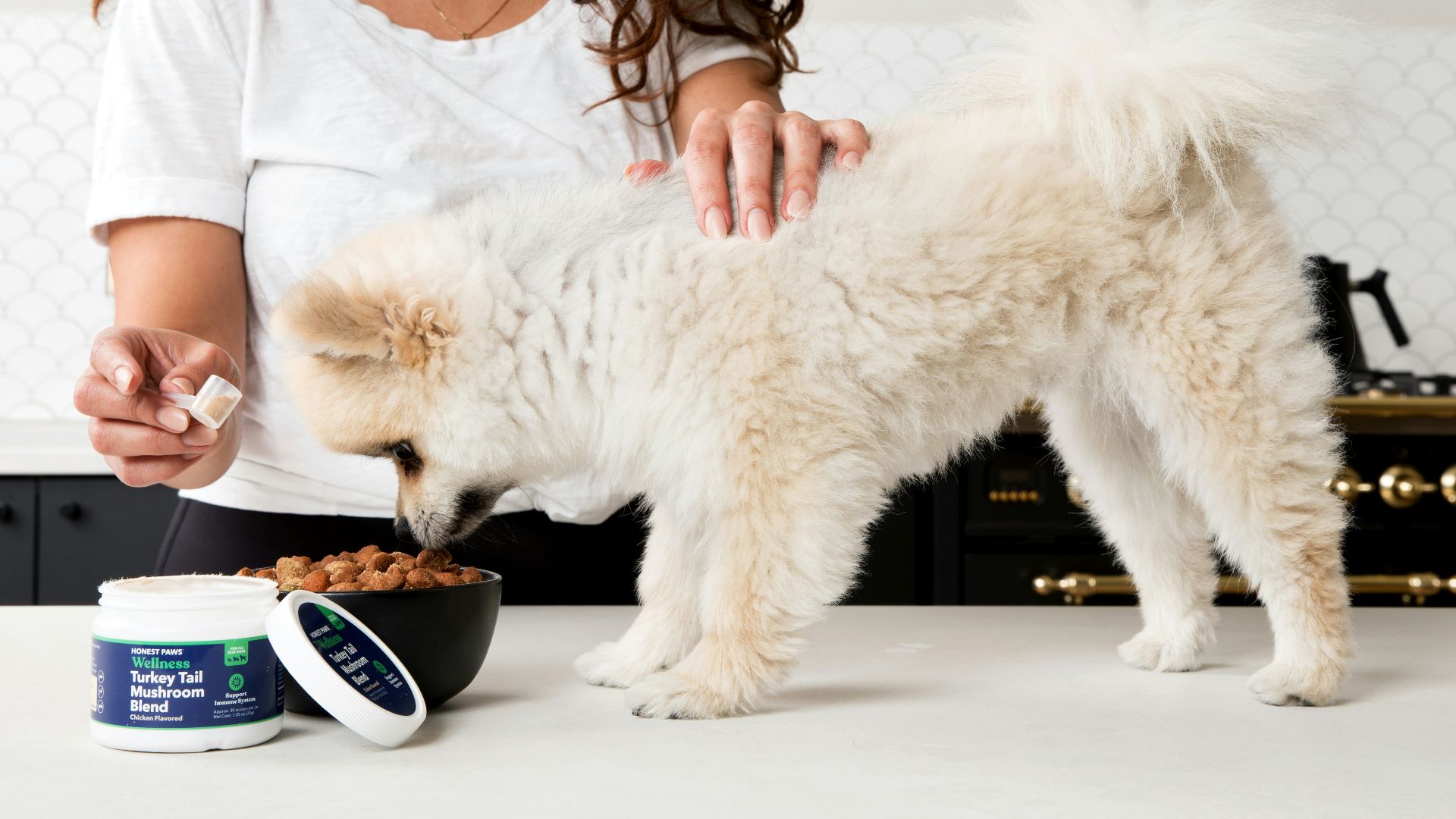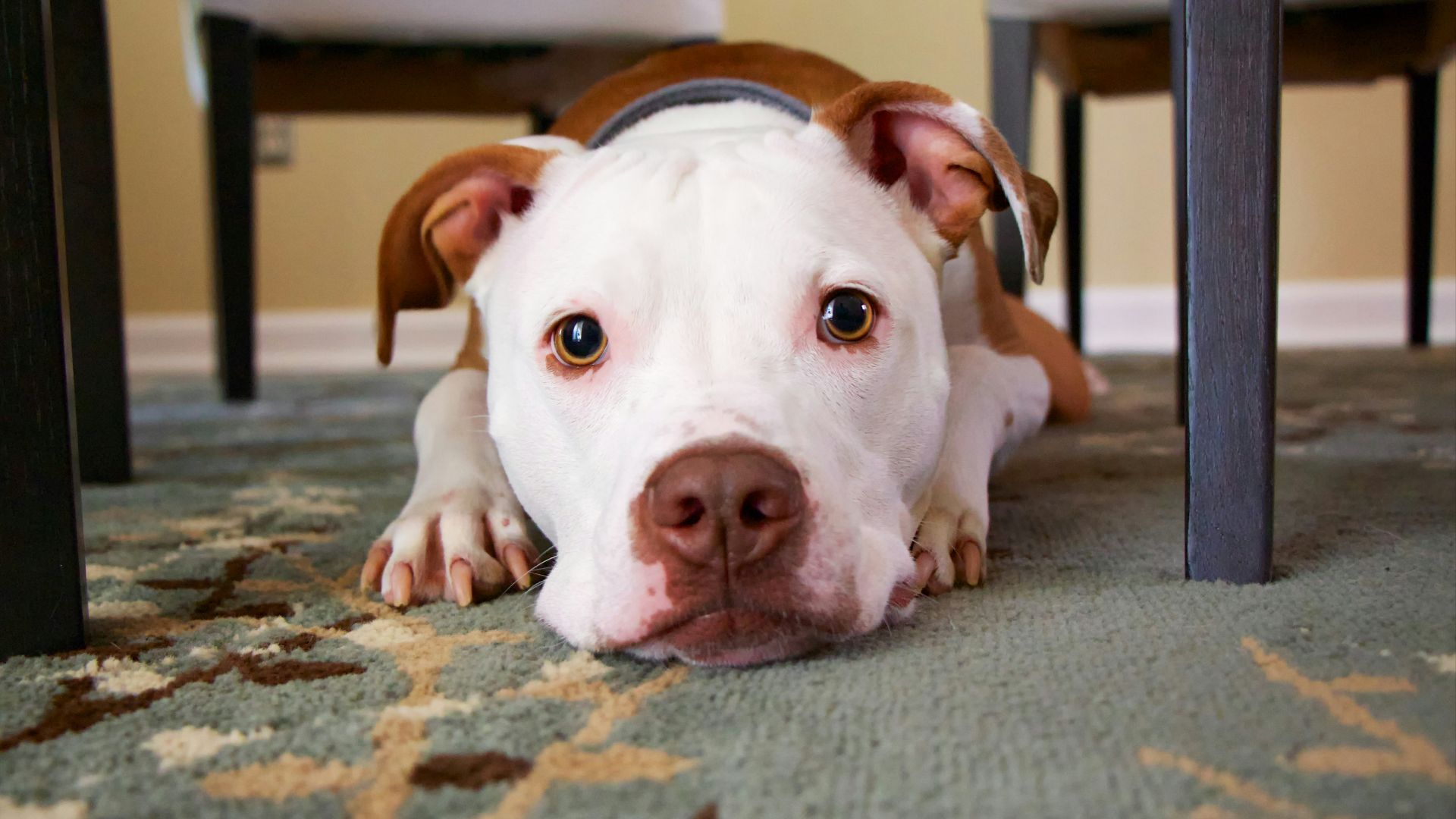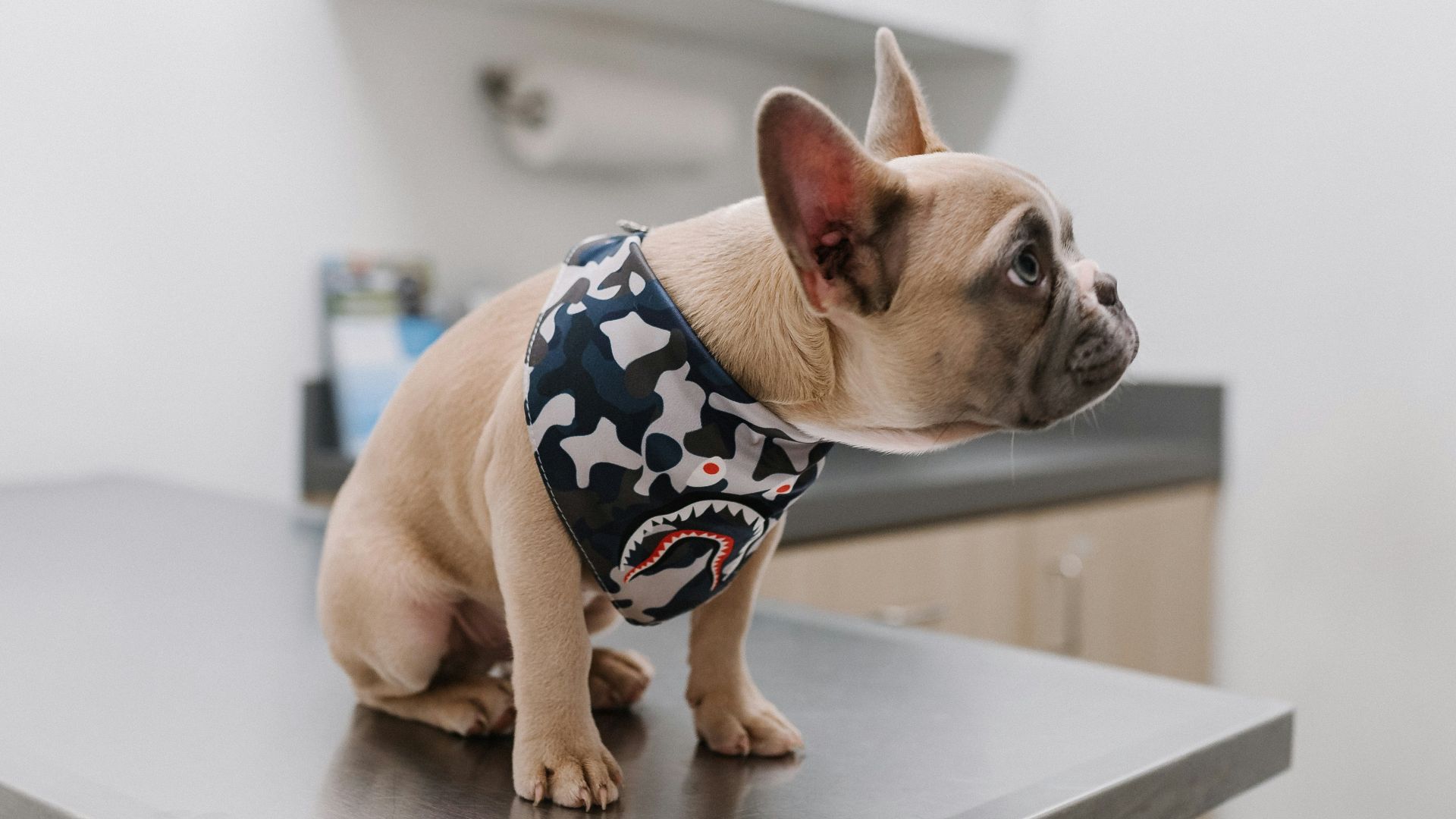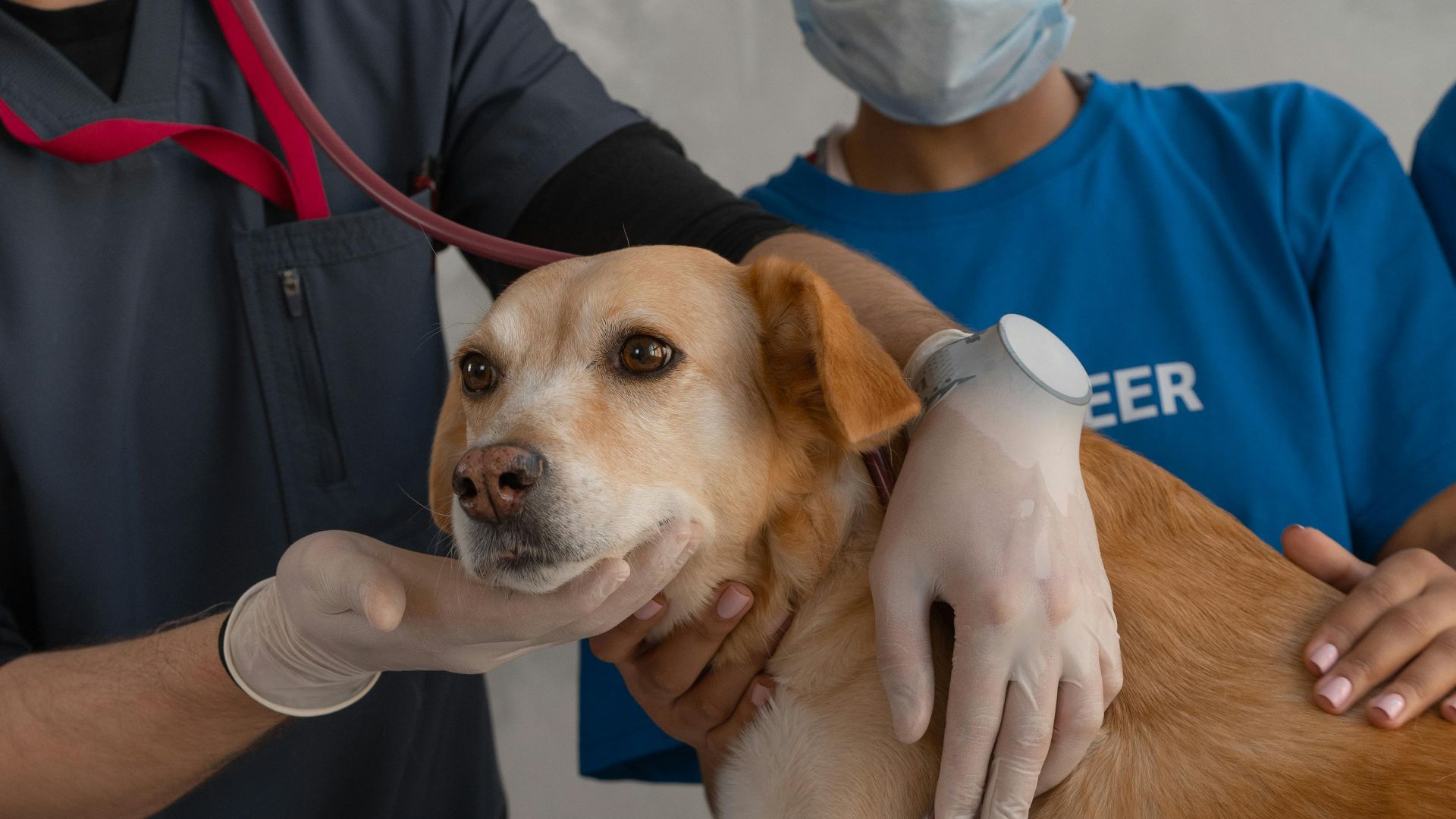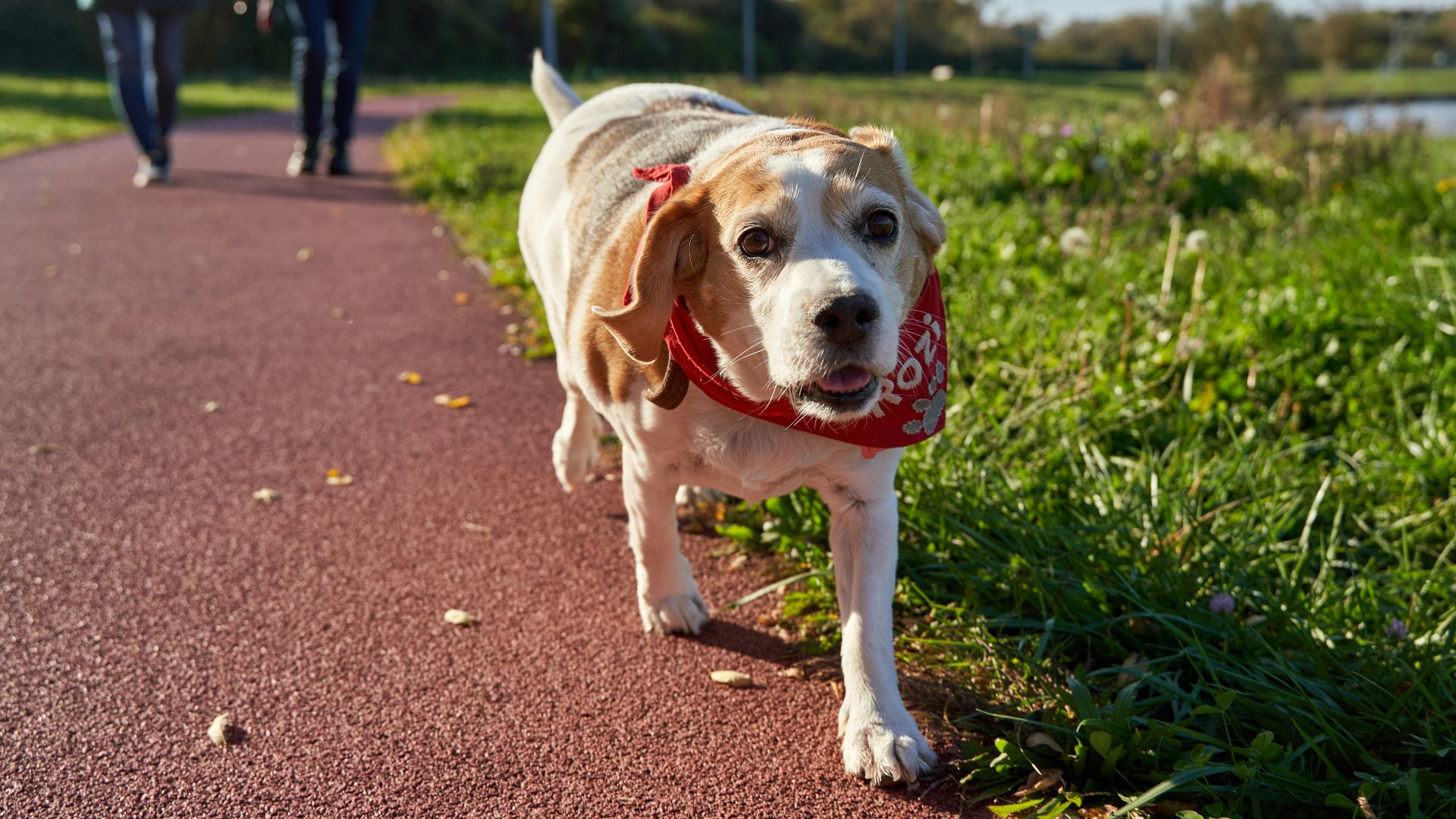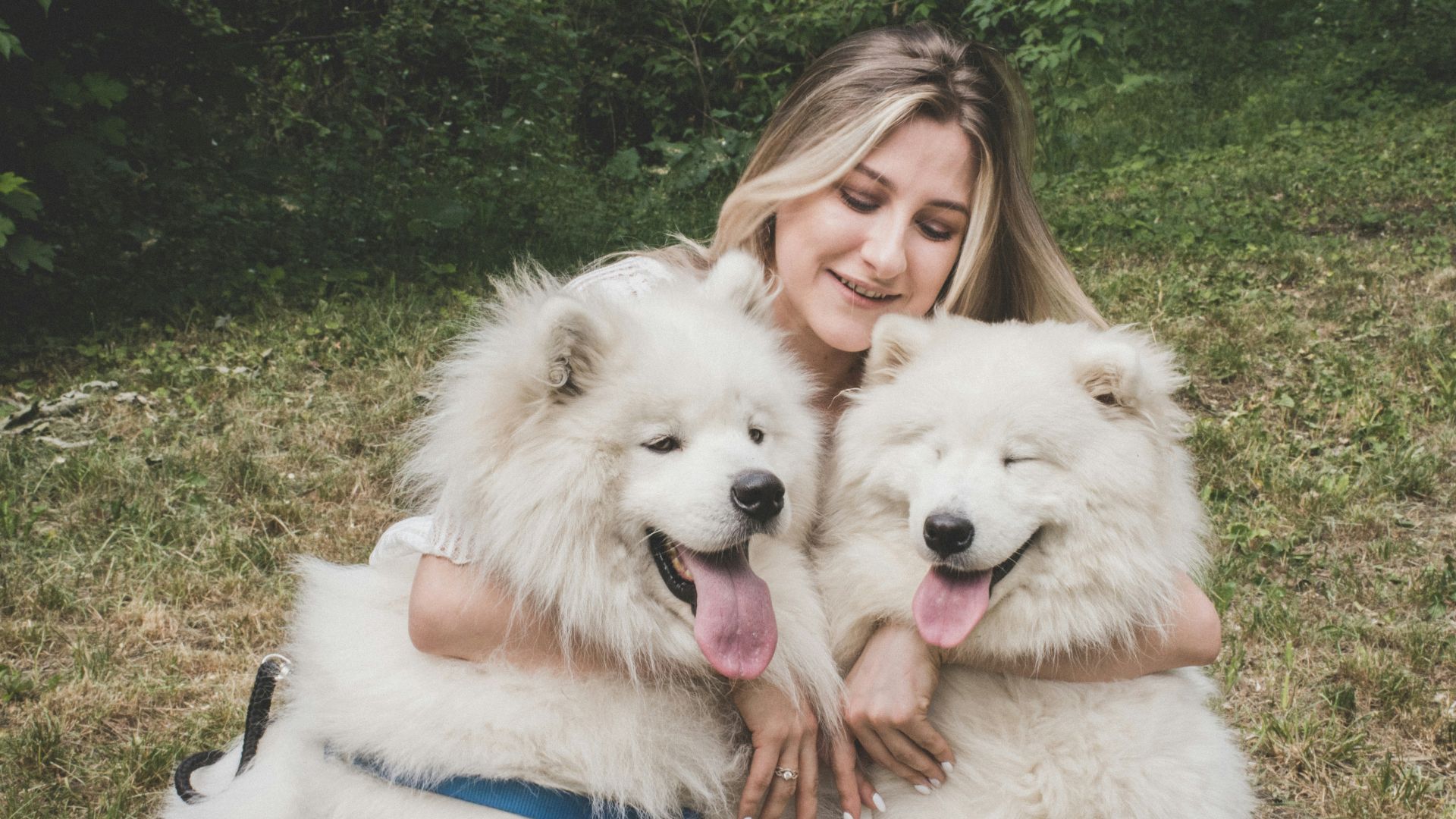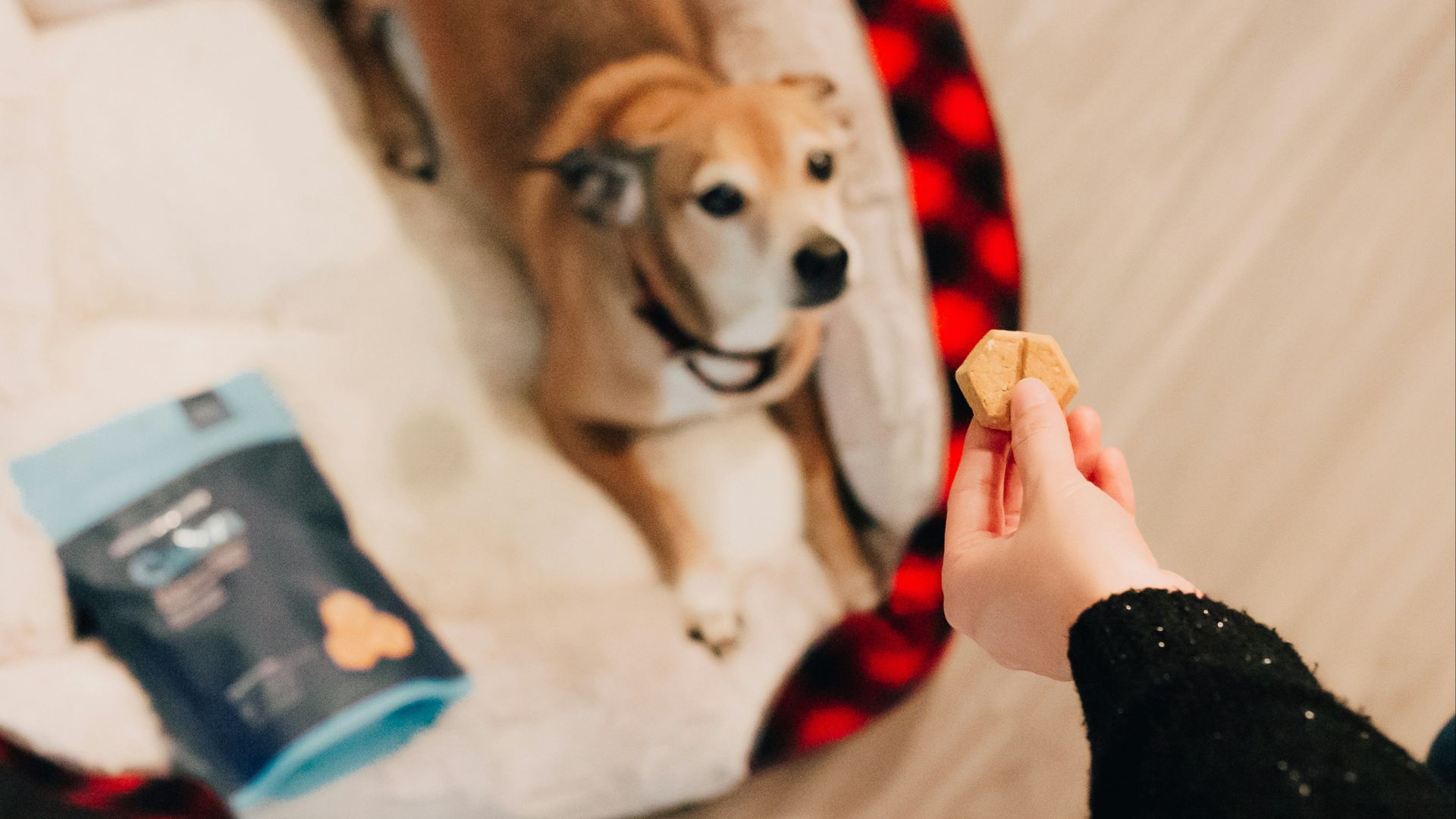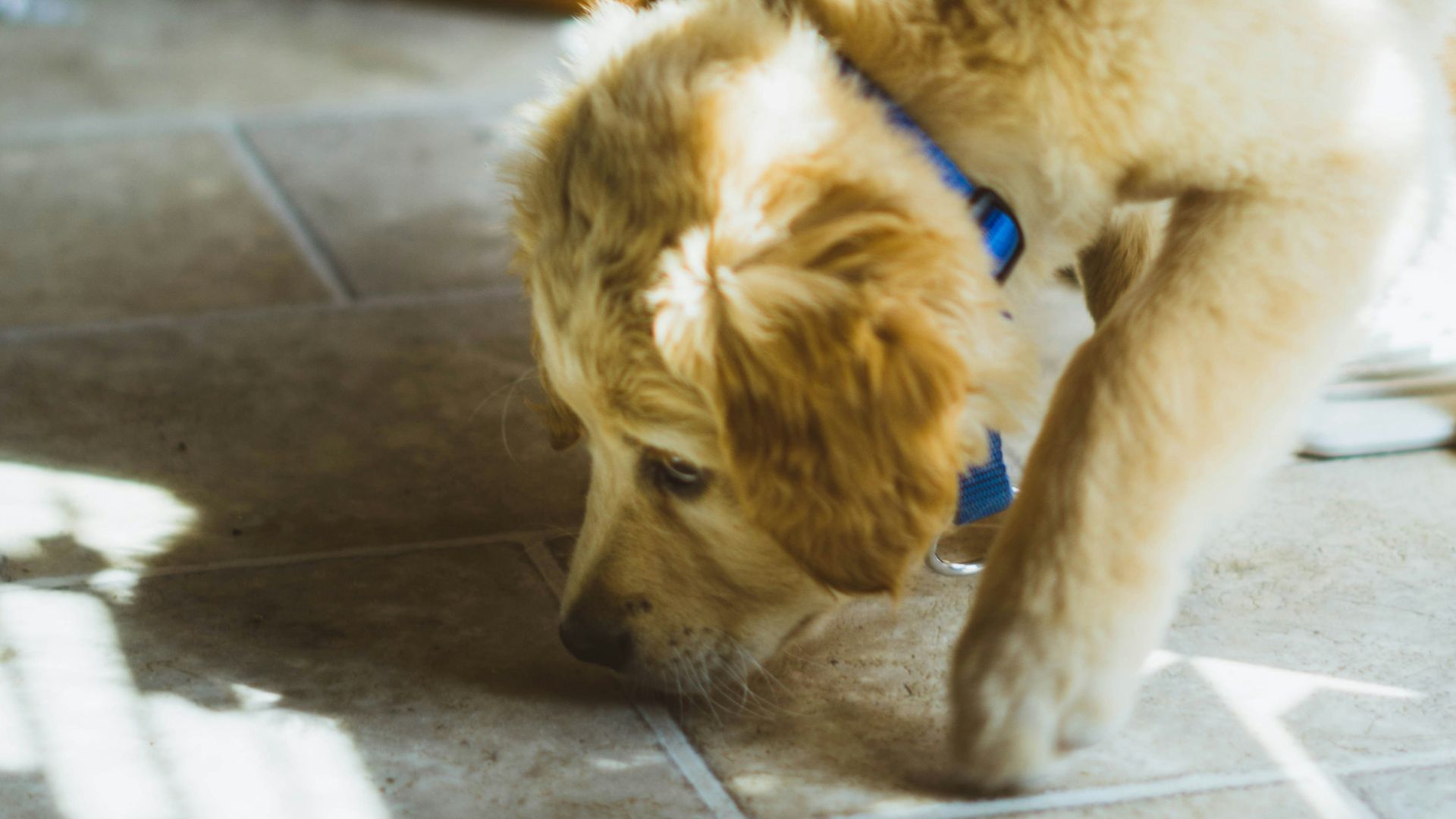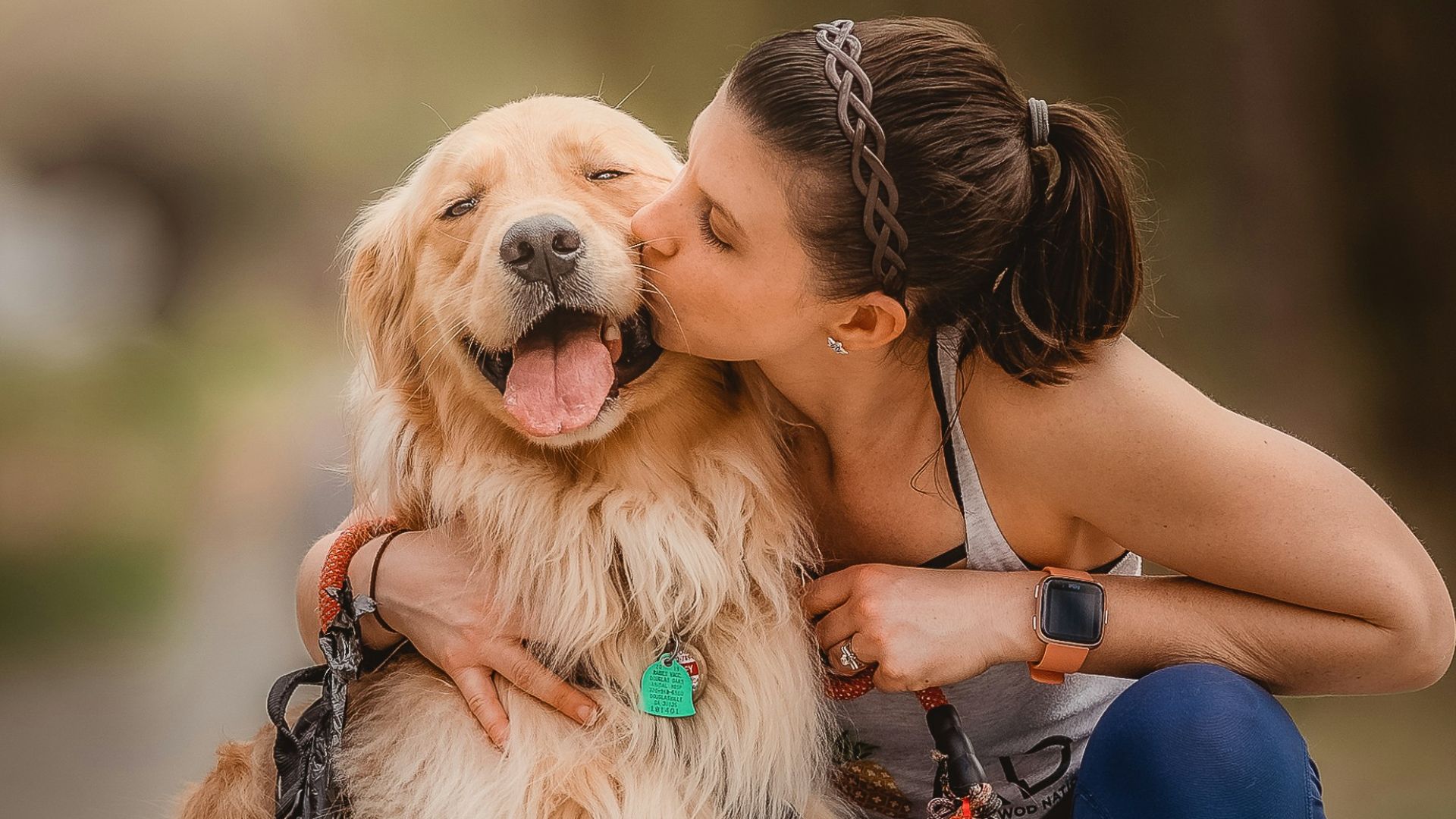Know the Warning Signs and What You Can Do Afterward
Heartworm is a serious infection that targets your dog’s internal organs, namely their lungs and heart. It can be scary to experience if you’ve never seen it before, but we’re here to break down some common symptoms and a few ways you can help your pooch heal.
1. Coughing
A telltale sign of heartworm is a dry, persistent cough. They can worsen depending on the stage, but they typically range from an occasional cough to severe fits that could even result in fainting. Coughing typically occurs after exercise, and while most are dry, some also produce mucus.
2. Swollen Tummy
Bloated bellies thankfully only happen in more severe cases, but it’s still an important symptom to keep an eye on. When the worms obstruct blood flow, they can cause fluid buildup in your pooch’s abdomen, which then leads to a swollen stomach.
3. Lethargy
Your fur baby is going through a lot right now, so a little lethargy is to be expected. As your puppy fights the infection, their body fights hard to keep symptoms at bay—and that struggle often results in depression or a lack of interest in walks and playtime.
4. Weight Loss
If you notice your dog’s appetite drop, it’s best to bring them to a vet. This symptom happens as heartworm progresses and can easily lead to weight loss, so speak with a professional to help you figure out next steps.
5. Trouble Breathing
Heartworm targets vital organs like the lungs and heart, which can make it harder for your pooch to breathe. Shallow, rapid breaths often come as heartworm advances, but it’s worth bringing your dog to the vet if you ever notice it.
6. Vomiting
In addition to their loss of appetite, heartworm-positive dogs may also experience digestive issues like diarrhea and vomiting. They might not get all the nutrients they need from their food, and may have a harder time digesting.
7. Fainting
In more severe cases, your pooch could experience fainting or even seizures. Heartworm is a dangerous infection that impacts oxygen flow, including to the brain, and fainting can occur after light exercise or when the infection has advanced to deadly levels.
8. Heart Irregularities
As you can imagine, your pup may also experience an irregular heartbeat. The good news is that a vet will spot any abnormalities during your consultation and can provide you with the best steps moving forward.
9. High Blood Pressure
With so much strain on your dog’s organs, specifically their heart, they may also experience high blood pressure. Your vet can always run a test to learn more about your pup’s numbers—and what you can do to help them.
10. Nosebleeds
Late-stage heartworm can come with scary symptoms like nosebleeds and bloody coughs. If you notice them happening more often, you’re likely looking at an advanced stage of infection.
 Priscilla Du Preez 🇨🇦 on Unsplash
Priscilla Du Preez 🇨🇦 on Unsplash
Now that we know some signs to watch out for, let’s explore a few ways you can help care for any heartworm-positive pups.
1. Administer Medication
First and foremost, the most important way to treat and prevent heartworm is with medication. Ideally, you’ll want to have your dog on preventative care during the right time of the year, but if they still contract it, it’s best to speak with your veterinarian about further steps. Treatment can look like anything from restricted exercise and medication to injections.
2. Bring Them to the Vet
Speaking of the vet, it’s always a good idea to book your pooch an appointment. The pros will not only identify their stage of heartworm, but they will also prescribe the best treatment and care. Heartworm care isn’t one-and-done with medication either; you’ll need to monitor your pet afterward for complications.
3. Restrict Physical Activity
Heartworms target essential organs, which means rigorous exercise is off the table until they get better. Your vet will provide a comprehensive routine your pet should follow, which can always change based on the infection’s stage.
4. Try to Limit Excitement
You’ll also want to keep excitement down; typical doggy activities like running and jumping can also cause serious problems for their hearts. Try to restrict visitors coming to your house, don’t plan any playdates, and keep walks short.
5. Keep Them on a Leash
Dogs are naturally excitable creatures! They love to explore and chase wildlife—but those behaviors are exactly what get them into trouble. That strain on their heart can lead to scary complications, so make sure they’re always on a lead during their short bathroom breaks.
6. Introduce Mental Stimulation
That’s not to say you can’t hang out with your dog! They may not be able to go on long walks for a while, but you can always introduce other forms of mental stimulation. Snuffle mats, slow feeders, or even teaching them new tricks work their brains and keeps them occupied.
7. Spend More Time With Them
As much as our dogs love chasing squirrels, they love spending time with us even more. Extra cuddles are in order as your dog recovers from heartworm, especially because they’ll help keep them stimulated.
8. Long-Lasting Treats
As much as we want to, we can’t spend every waking hour hugging our dog. That’s okay! Enrichment treats like frozen Kongs or hide-and-seek snacks work their brains and give them something to do during the day.
9. Sniff Walks
Remember: your dog can still go for short walks. The name of the game with those is to help them relieve themselves and provide mental enrichment. Let them sniff around a little to stay stimulated. 20 minutes of sniffing can provide just as much mental stimulation as an hour-long walk!
10. Be Patient With Them
Your dog may whine from boredom or pace around more often. Be patient with them as they recover. They’re under a lot of stress and don’t really understand why their routine has changed so drastically, so they need you in their corner.


